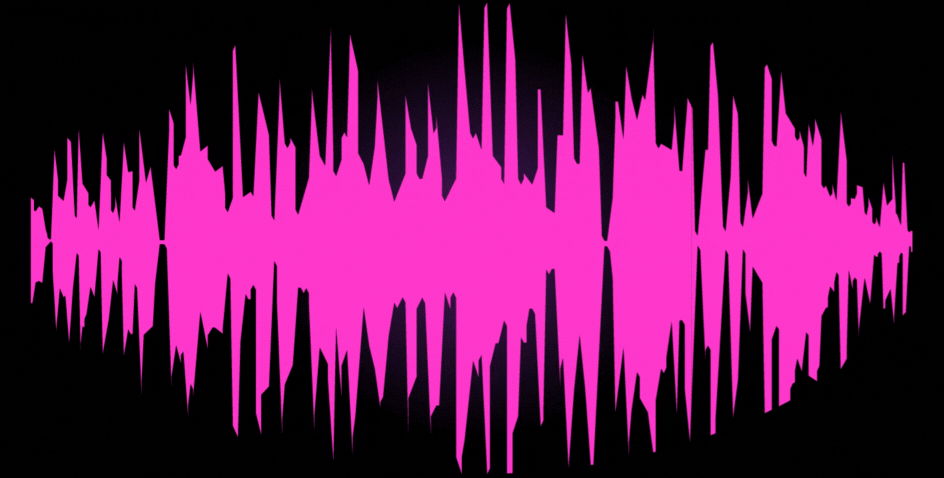Table of Contents
How Does a Song Get Started?
(Good Question!)
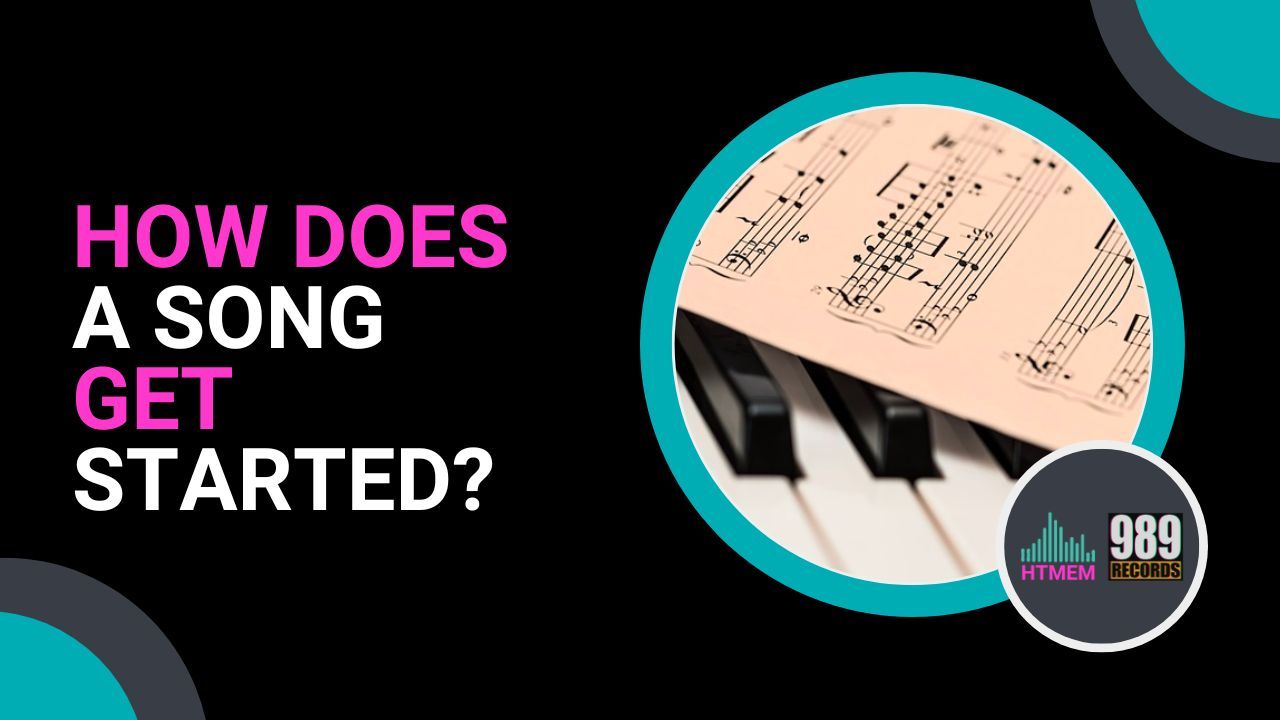
Learn Music Theory for Songwriters

Lyrics and Rhythm
Keep a Lyrics Diary
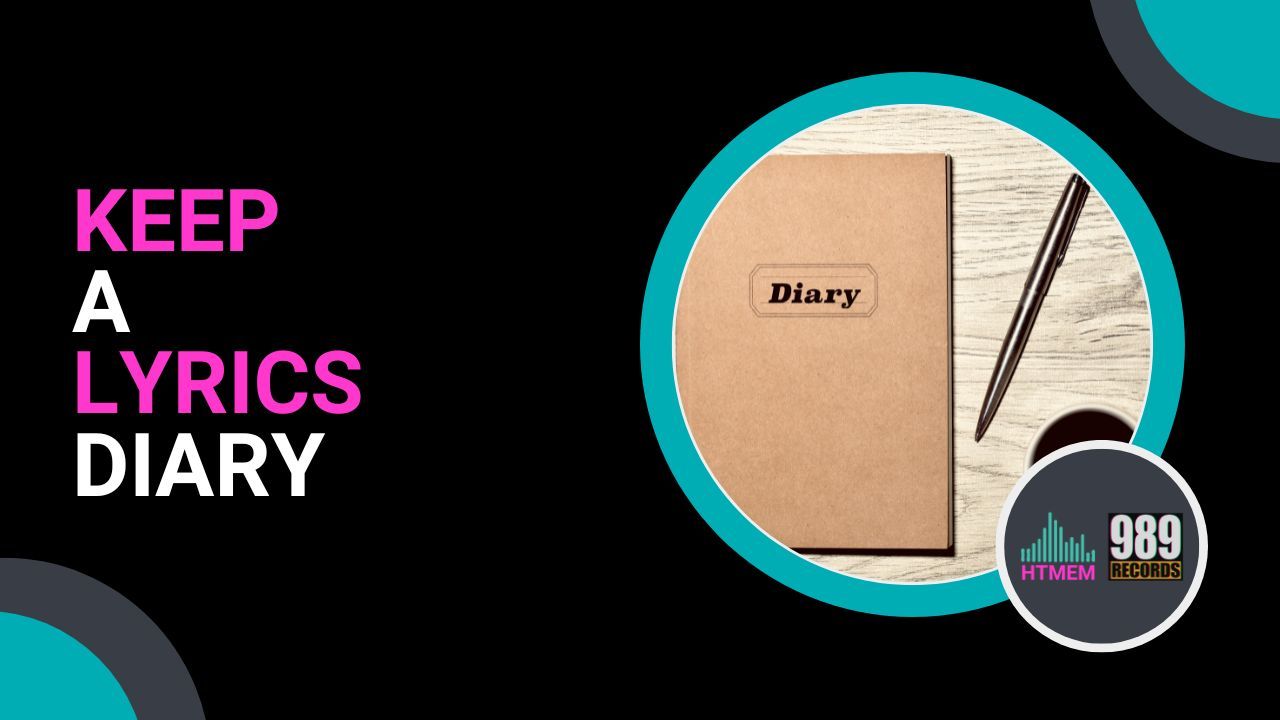
Record Sketches in your DAW or With your Phone
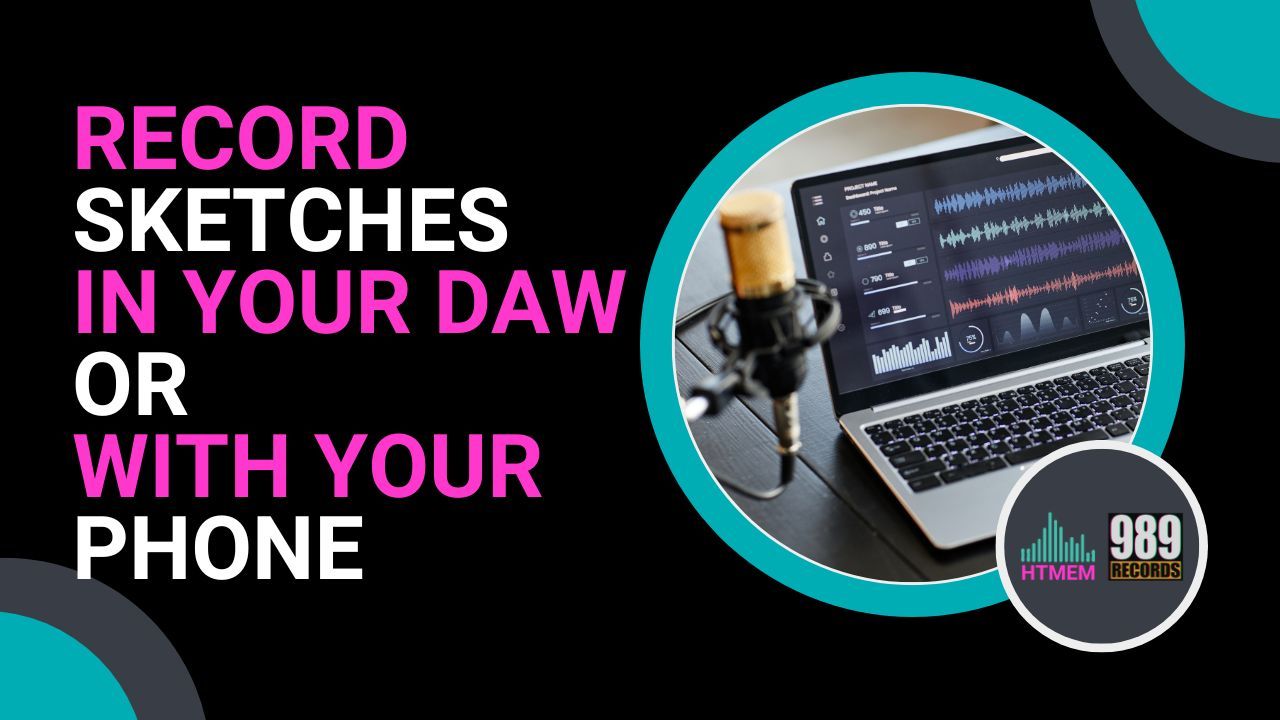
Melody and Harmony
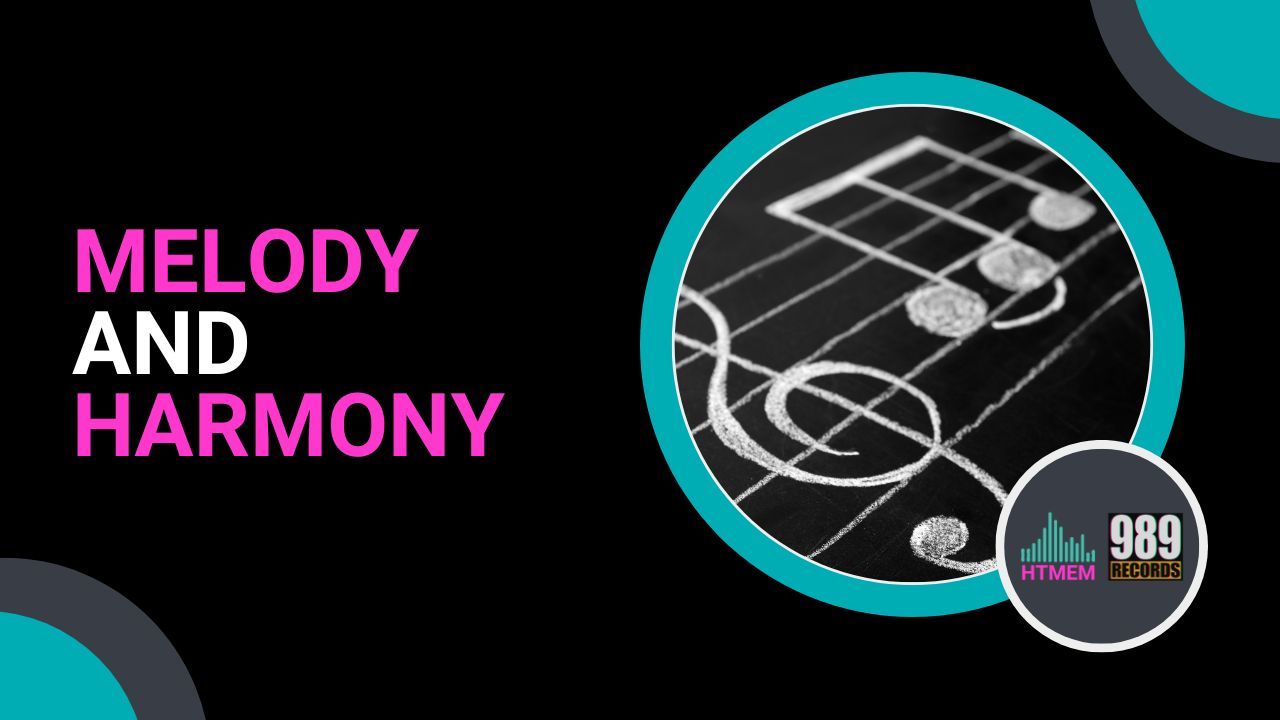
Why is Song Structure Such a Big Deal?
Developing your Personal Style
Listen and Learn
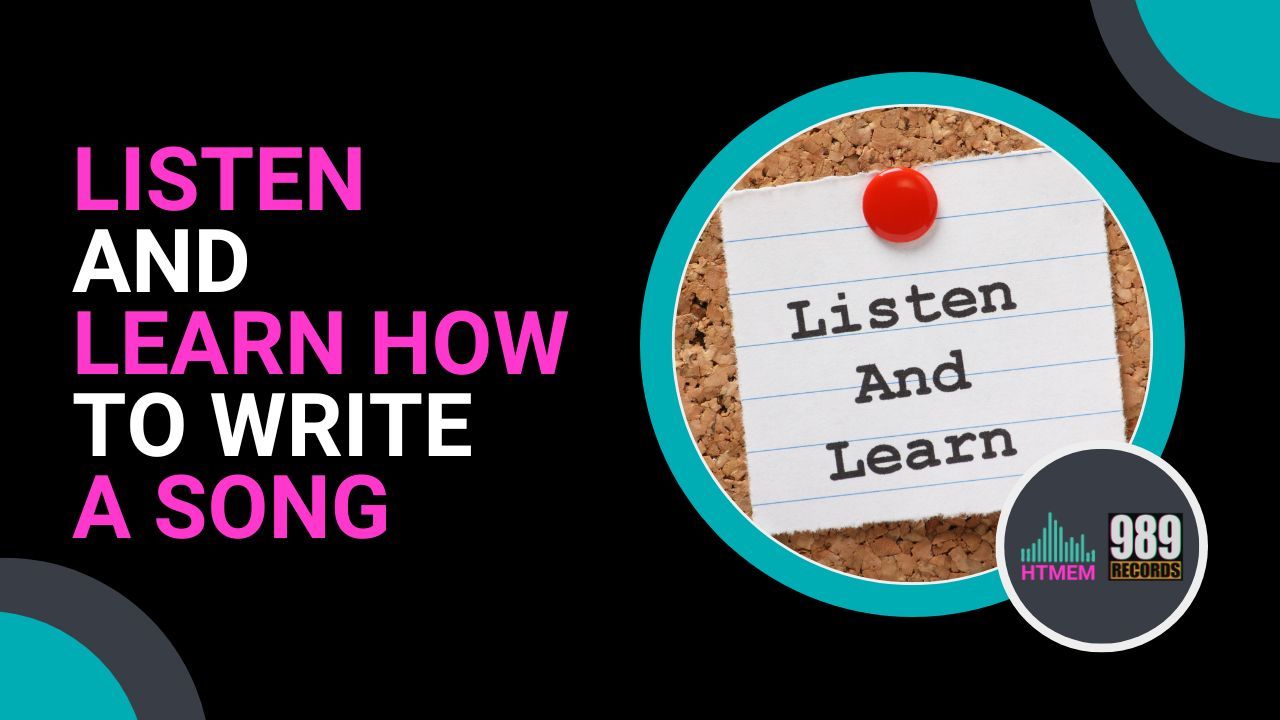
Have Fun and Experiment

Exercise: Simple Syllables
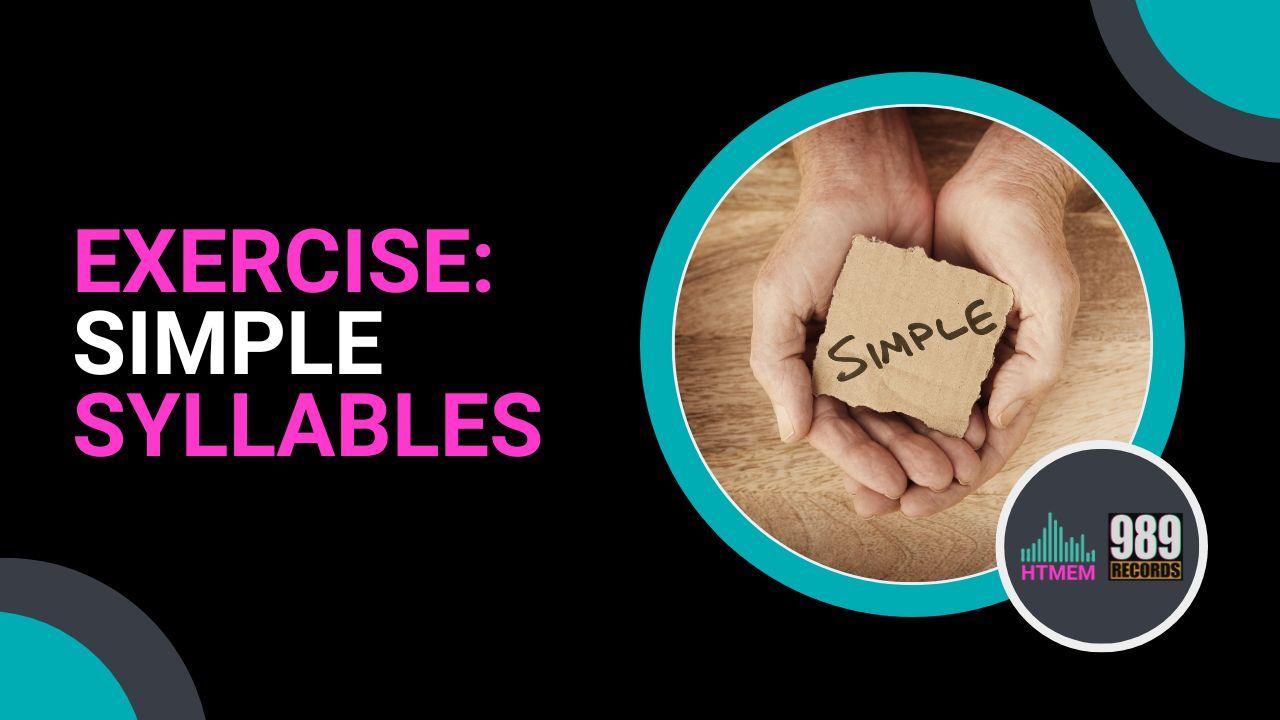
Look for the Melody that Lives in your Lyrics
Use a Field Recorder to Capture Cool Sounds
Re-Arrange your Songs to See what Works Best

Collaborate With Other Songwriters
Song Building Blocks
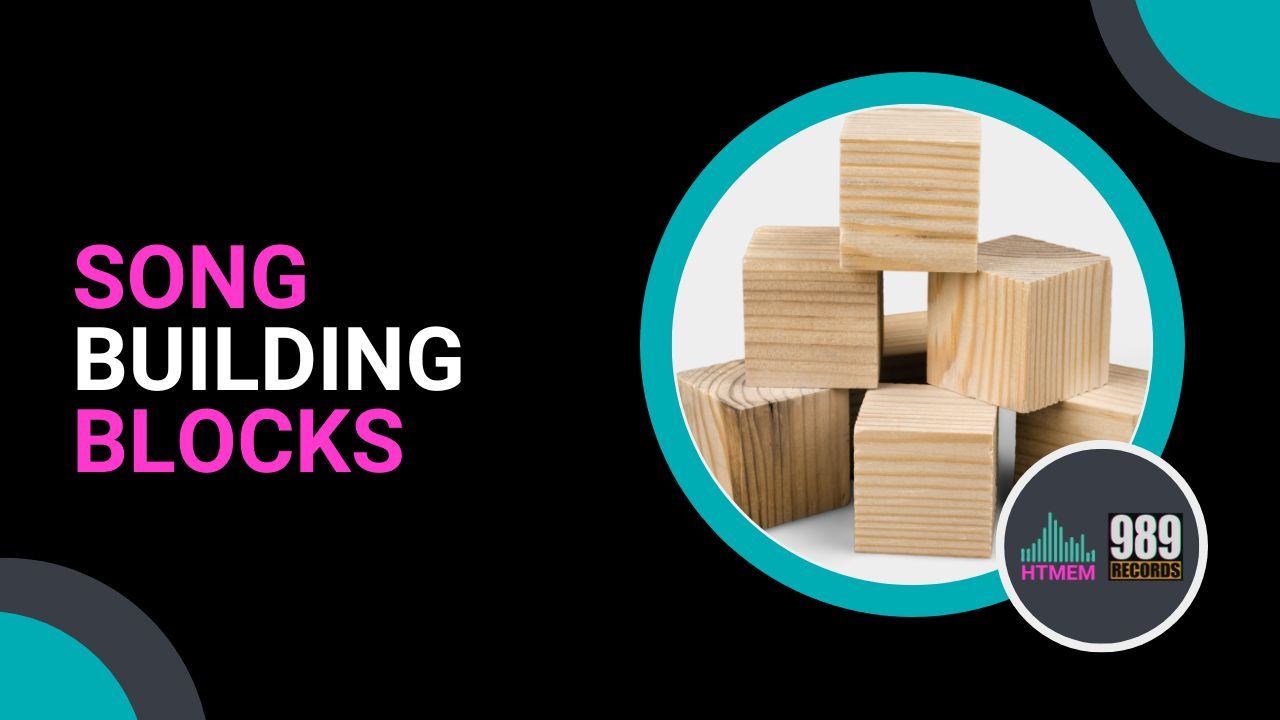
Create a Great Title for Your Song
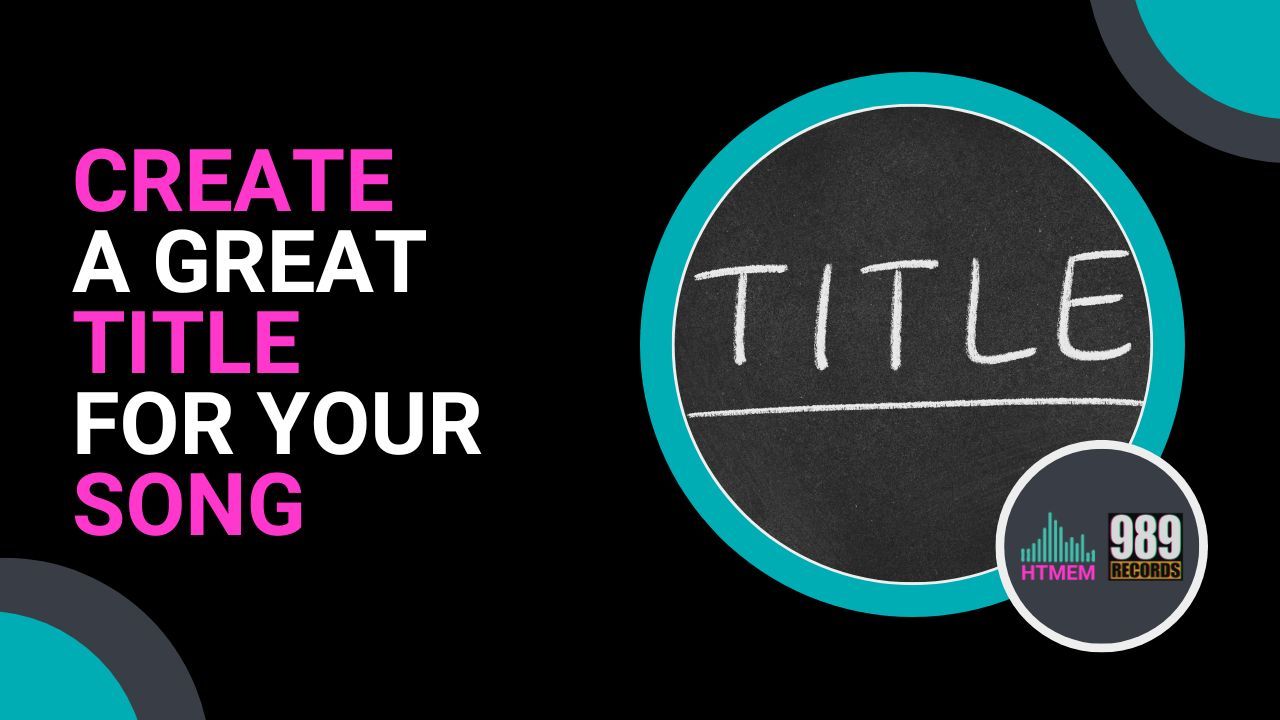
Record your Song
Publish and Promote your Song
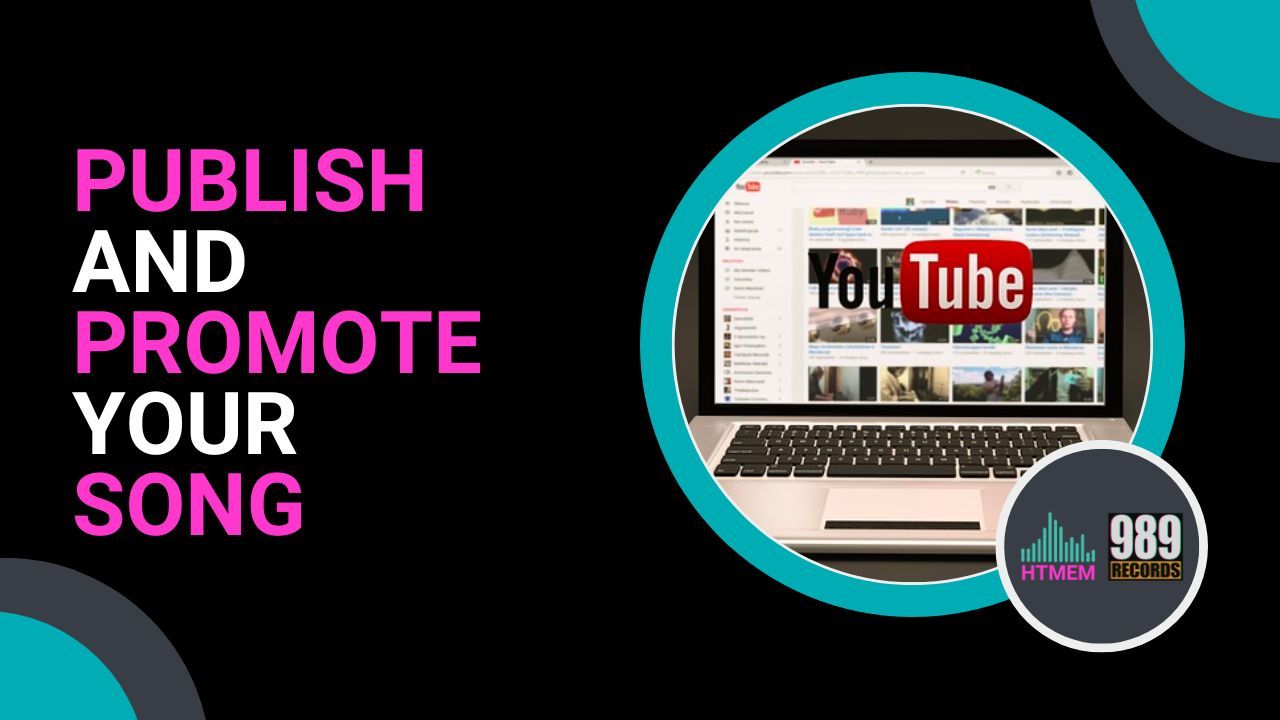
More Songwriting Tips
Fast Recap
About the Author
Max Porcelli
Steinberg Certified Trainer, DJ, and Producer with 29 years of experience. He owns 989 Records, an Electronic Music Label based in Italy. Every Saturday he hosts an exciting Radio Show called 989 Records Radio Show on air on Patchouli Deep Radio, London.
Write your awesome label here.






